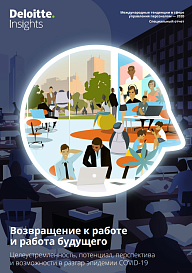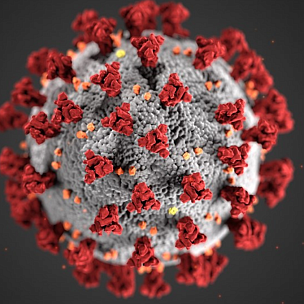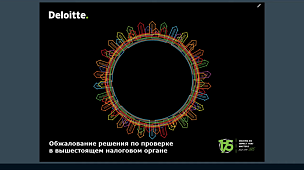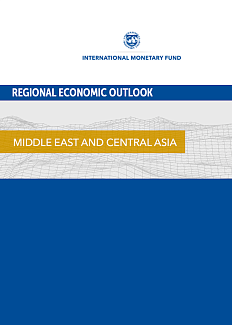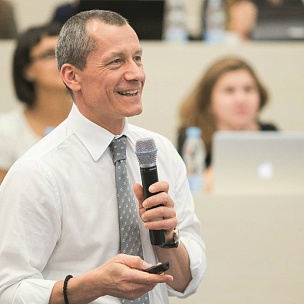In this report, Deloitte discusses main challenges faced by social enterprises and offers suggestions on ways to build a sustainable post-crisis future of work.
In March, more than a third of humanity was in lockdown because of the COVID-19 pandemic. By the end of April, 1.6 billion workers stood in immediate danger of having their livelihoods destroyed. And yet amid the tragedy and uncertainty analysts notice a strong undercurrent of hope. COVID-19 has reinforced the conviction that human concerns are not separate from technological advances at all, but integral for organizations looking to capture the full value of the technologies they’ve put in place.
Earlier, in the 2020 Global Human Capital Trends report—the latest in a series of Deloitte’s annual reports, Deloitte already discussed ways to humanize work environment in a technology-driven world (see an overview of this report in the Analytics section of the Roscongress information and analytical system).
The Roscongress Foundation presents the salient points of the publication accompanied by fragments of broadcasts of relevant panel discussions from the business programme of international events held by the Roscongress Foundation.
In a post-crisis world, an organization that is designed and organized to maximize what humans are capable of thinking, creating, and doing in a world of machines will have the greatest potential.
As they stage the return to work, organizations have an opportunity to push the envelope in the ways they integrate teams of humans and technology. Organizations should evolve their thinking about technology from taking a purely substitution view (replacing humans with technology) to using technology as an augmentation or collaboration strategy. The latter view can allow organizations to not only streamline costs, but to also create value and ultimately, provide meaning to the workforce as a whole.
People’s hunger for information during the COVID-19 pandemic validated the phrase «knowledge is power.» As they stage the return to work, organizations have the opportunity to leverage the power of AI to build a culture of actionable knowledge-sharing and knowledge creation that strengthens organizational connectivity and affords the organization resilience to be able to withstand, and even to thrive in, environments of disruption, uncertainty, and change.
Through this crisis, the world has had the opportunity to see the resilience and adaptability of the workforce as workers quickly assumed new roles and even contributed to opportunities in different fields and industries. As they stage the return to work, organizations should consider how to encourage and offer opportunities for workers to continue to grow and adapt based on their potential, rather than solely on their existing skills or certifications.
An organization that encourages and embraces a future orientation asks not just how to optimize for today, but also how to create value tomorrow, based on the principles of a more human approach.
COVID-19 showed that compensation is as much an indicator of an organization’s culture and values as it can be an indicator of market value. The pandemic also put a spotlight on pay as it relates to essential work—with some lower-paid jobs proving to be essential in a time of crisis. As they stage the return to work, organizations should ask themselves what principles serve as the foundation for their compensation philosophy, programs, and policies. When evaluating those principles, the conversation should not be limited to market value, but should also account for human value in the form of purpose, fairness, transparency, growth, and collaboration.
COVID-19 put the need for and ease of access to insightful and future-oriented workforce data in the spotlight. As they stage the return to work, organizations should take advantage of the power of technology to collect workforce insights by pulling together the key questions that they need to be asking to gain the real-time workforce insights they need.
COVID-19 brought ethical issues around employment to the forefront that many may previously have viewed as ivory-tower concerns, putting a spotlight on the impact of organizational decisions on workers’ lives every day. These ethical implications extend to many segments of the workforce, but were particularly evident in the experience of the alternative workforce. As they stage the return to work, organizations need to ask themselves critical questions to help them prepare for the perceived and actual ethical impacts of business decisions. They should also be monitoring government response, as this too will continue to evolve coming out of the crisis. This consideration is especially important as it relates to organizations’ use and treatment of the alternative workforce, particularly in industries that rely heavily on the gig economy.
For more information about possible ways to stabilize the economy during the pandemic, please see the StayHomeEconomy and COVID-19 special sections of the Roscongress information and analytical system, and the Labour productivity gains and Entrepreneurship sections about measures aimed at stimulating economic progress.


